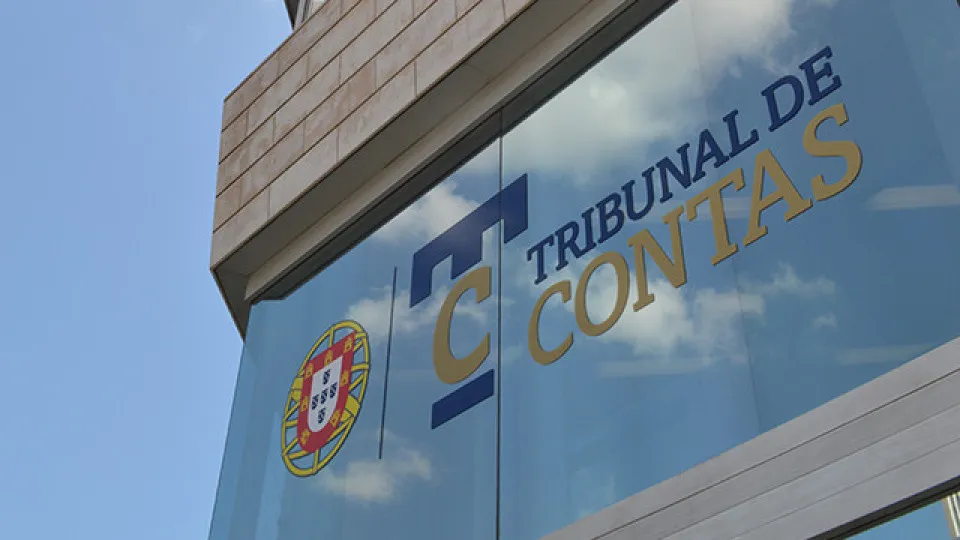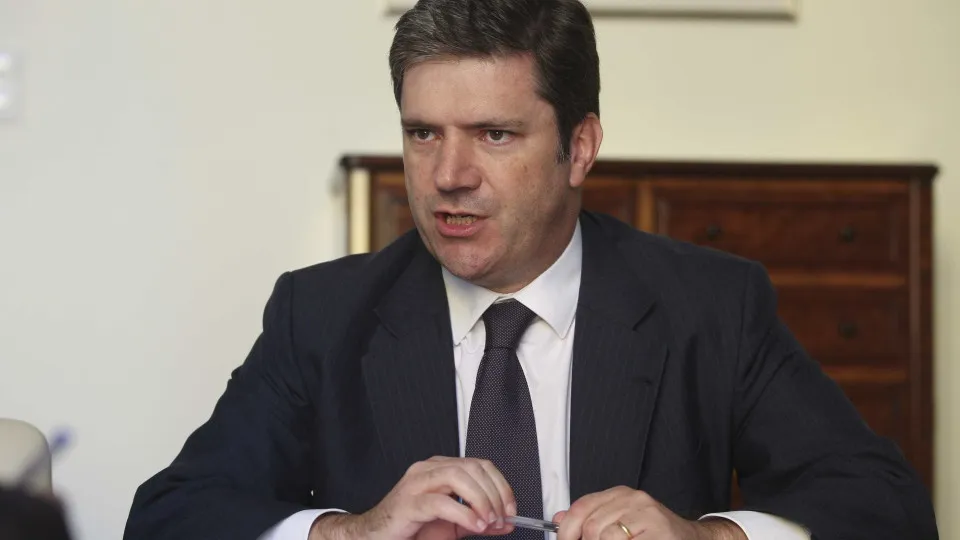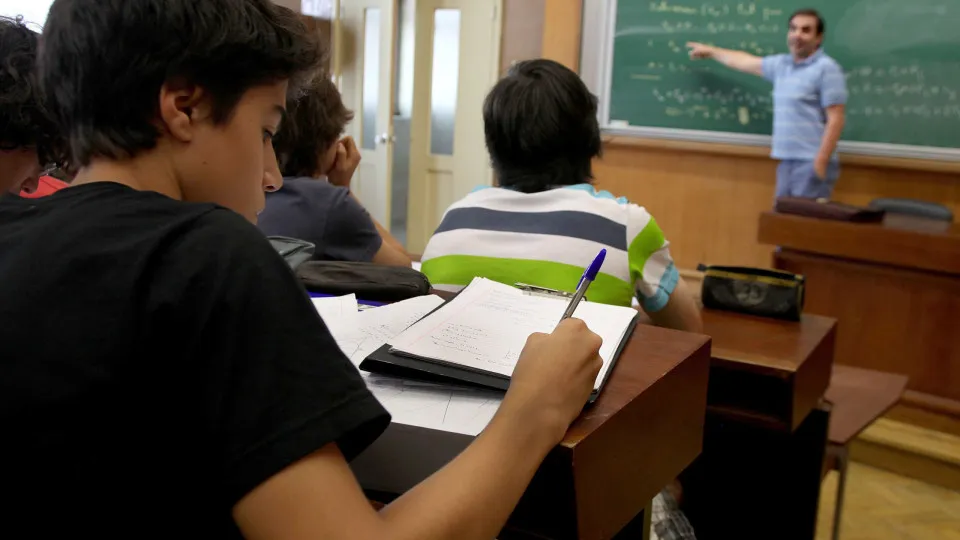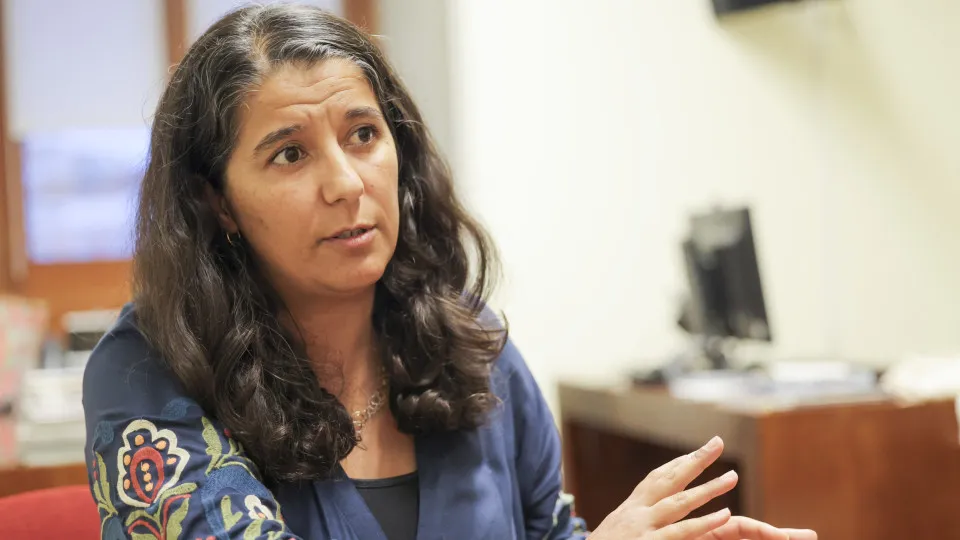
“We are aware that we need to reinforce the number of audits and […] aim to provide the widest possible coverage to the municipal world,” stated Filipa Urbano Calvão during a hearing at the Budget, Finance, and Public Administration Committee.
“Our goal is to, in the coming years, do more and better, meeting the State’s control needs, seeking to contribute to better public financial management, for a better State,” said the head of the organization during her address.
For the TdC president, there is the possibility of enhancing coordination with the internal control system to ensure the widest possible coverage.
“What we have done and will continue to do is select the group of municipalities to be audited based on unbiased and objective risk criteria, which allow us to target those where there is a higher risk of financial infraction or deficient public financial management,” she explained.
The TdC president also expressed a desire to analyze the decentralization of assignments and competencies, both from the State to the municipalities and from the municipalities to the parishes.
Filipa Urbano Calvão urged deputies to contribute to the TdC’s strategy for the 2026-2028 triennium by highlighting more or less positive aspects of its activity, raising two questions: how the institution can add value to public financial governance, and on which areas the court can focus its activity.
Regarding waste in the health sector, she acknowledged that it is a sector where “some degree of waste is normal” due to uncertainty, but recognized that “it is necessary to ensure more cautious resource management.”
Throughout her statements, Filipa Urbano Calvão acknowledged some delays in issuing reports or opinions and that there is an ongoing effort to address this, as well as the use of new auditing tools.
In this regard, she noted that digital transition is a concern, not only because the court must “ensure technology that streamlines its action,” but also because it must monitor public expenditure on these technological tools and their usefulness.




